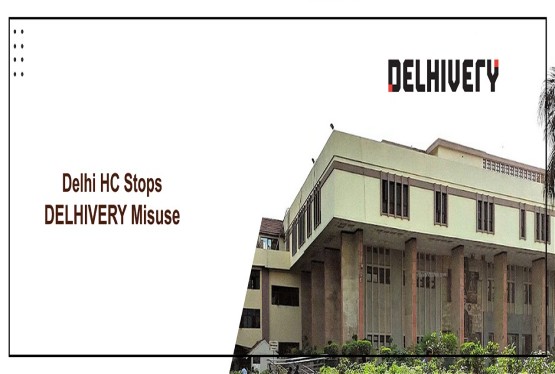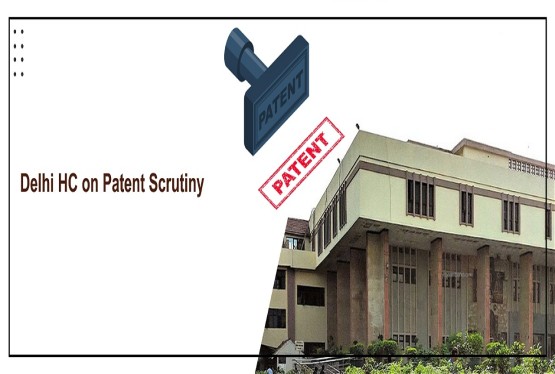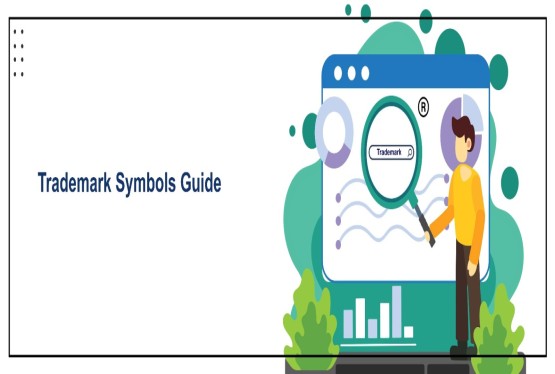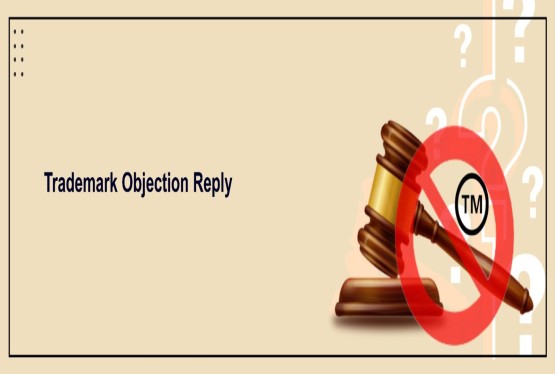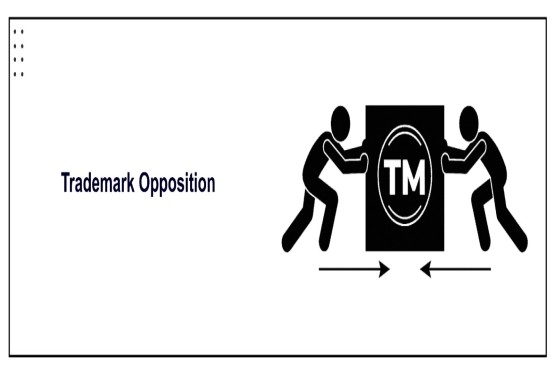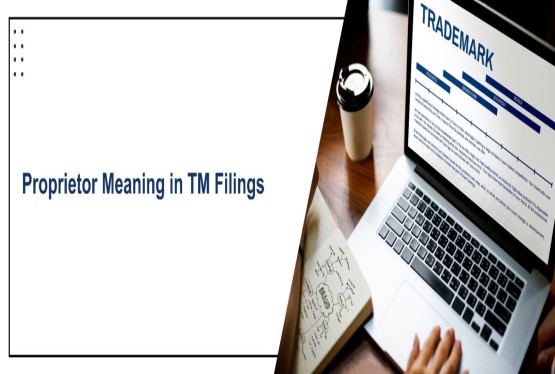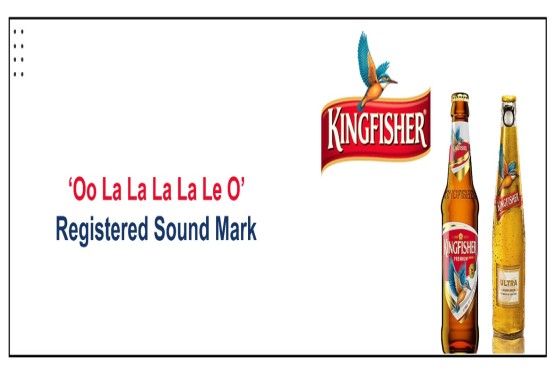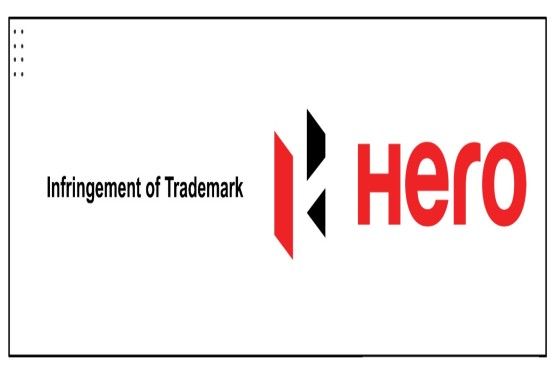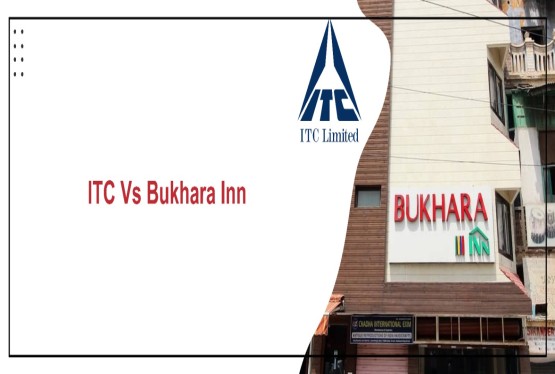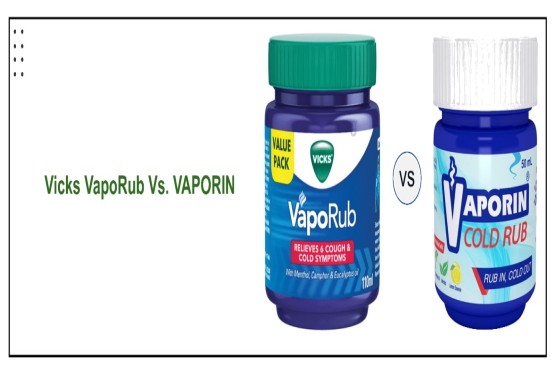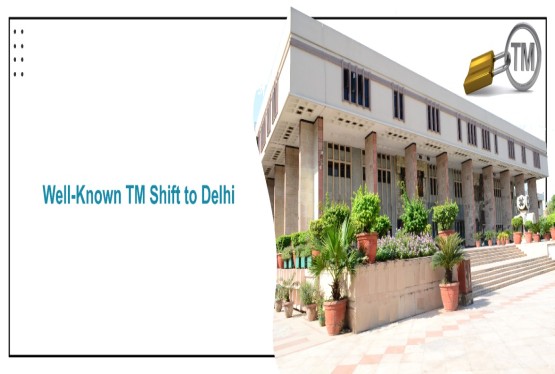The Bombay High Court has recently granted interim relief to the well-known restaurant and bar chain “Social.” The Court restrained a Mumbai-based restaurant from using the name “Social Tribe,” holding that the addition of the word “Tribe” does not make the mark different from the famous “Social” brand.
Facts of the Case
The plaintiff, Impresario Entertainment & Hospitality Pvt. Ltd., is the owner of the well-known restaurant and café chain “Social”, which has outlets across India.
The defendant started a restaurant in Mumbai under the name “Social Tribe.”
The plaintiff argued that the use of “Social” by the defendant amounted to infringement and passing off, as “Social” had already acquired a strong reputation and was widely recognized in the hospitality industry.
The defendant claimed that the word “Tribe” made its brand distinctive.
Legal Issues
-
Whether the use of the word “Social” by the defendant amounts to infringement of the plaintiff’s registered mark under the Trademarks Act, 1999.
-
Whether the addition of the suffix “Tribe” is sufficient to distinguish the defendant’s mark from the plaintiff’s well-known mark.
-
Whether the defendant’s use creates a likelihood of confusion and association among consumers.
Relevant Provisions under the Trademarks Act, 1999
Section 28: Exclusive Rights of the Proprietor
Section 28 gives the registered proprietor of a trademark the exclusive right to use that mark in relation to the goods or services for which it is registered. In this case, “SOCIAL” is a registered trademark owned by Impresario. Therefore, they alone have the legal right to use the mark “SOCIAL” for restaurant and hospitality services. The use of a similar name like “SOCIAL TRIBE” by another restaurant directly interferes with these exclusive rights.
Section 29: Infringement of Trademark
Section 29 explains what amounts to trademark infringement. If someone uses an identical or deceptively similar mark in relation to similar goods or services, it leads to confusion among the public. Here, the word “SOCIAL” is the dominant part of both names. Adding the suffix “TRIBE” does not remove the similarity. Since both parties are in the restaurant business, the Court found that there was a high chance of confusion and association with the original “SOCIAL.” Hence, this use amounts to infringement under Section 29.
Section 135: Empowers courts to grant reliefs in infringement cases, including injunctions, damages, or account of profits.
Section 135 provides the remedies available to the proprietor of a trademark in case of infringement. These remedies include injunctions (temporary or permanent), damages, accounts of profits, and delivery-up of infringing material. In this case, the Bombay High Court granted interim relief in the form of an injunction. This means “Social Tribe” was restrained from using the infringing name during the pendency of the suit to prevent further harm to the goodwill and reputation of “SOCIAL.”
Bombay High Court Ruling
The Court, until the final hearing of the case, passed a temporary injunction stopping the Defendant and all connected persons from using, selling, advertising, or displaying any products or services under the trademark “SOCIAL” or any deceptively similar variant. The order protects the Plaintiff against both infringement of its registered trademark and passing off, ensuring that the Defendant cannot mislead consumers into thinking its business is connected with or associated with the Plaintiff’s well-known “SOCIAL” brand.
Conclusion
The Social v. Social Tribe case once again shows that well-known trademark enjoy strong protection under Indian law. The Court clarified that simply adding another word to an established brand name cannot create a valid distinction if the dominant part of the mark is copied. By granting interim relief, the Bombay High Court reinforced the principles of Sections 28, 29, and 135 of the Trademarks Act, 1999, highlighting that brand reputation and consumer trust must be safeguarded. This judgment sends a clear message that businesses must adopt original names and avoid riding on the goodwill of established brands.
FAQs
Q1. Why did the Bombay High Court grant interim relief in this case?
Ans. The Court granted interim relief because the defendant’s use of the word “Social” in “Social Tribe” was likely to cause confusion among consumers, infringing on the exclusive rights of the registered trademark “SOCIAL.”
Q2. Does adding a word like “Tribe” make a brand name distinctive?
Ans. No. The Court clarified that adding a descriptive or generic word like “Tribe” does not create sufficient distinction if the dominant element of the mark (here, “Social”) is identical to an existing well-known brand.
Q3. What legal provisions were applied in this case?
Ans. The Court primarily relied on Sections 28, 29, and 135 of the Trademarks Act, 1999, dealing with exclusive rights of the proprietor, infringement of trademarks, and remedies for infringement.
Q4. What is “passing off” in trademark law?
Ans. Passing off occurs when a business misrepresents its goods or services as being connected to another established brand, thereby misleading consumers. In this case, “Social Tribe” could wrongly lead people to believe it was connected with “Social.”
Q5. What reliefs can a trademark owner claim in case of infringement?
Ans. Under Section 135 of the Trademarks Act, 1999, remedies include injunctions (temporary or permanent), damages, account of profits, and delivery-up of infringing material. In this case, the Court issued a temporary injunction.
Q6. How does this judgment impact businesses choosing brand names?
Ans. The ruling reinforces that businesses must avoid adopting names that use the dominant part of a famous or registered trademark. Even minor changes or additions will not protect them from infringement liability.
Q7. What is the significance of this judgment for well-known trademarks?
Ans. The case highlights that well-known trademarks enjoy stronger protection under Indian law. Courts will prevent attempts to free-ride on their goodwill, even at an interim stage of litigation.

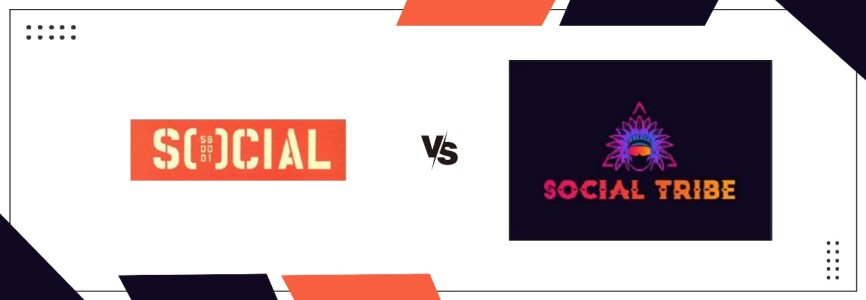




























_(b)_of_the_Trademark_Act,_1999_(1)_crop10_thumb.jpg)



_crop10_thumb.jpg)




























_crop10_thumb.jpg)
_crop10_thumb.jpg)






_crop10_thumb.jpg)








_crop10_thumb.jpg)



_crop10_thumb.jpg)





























_crop10_thumb.jpg)

















_crop10_thumb.jpg)






_crop10_thumb.jpg)












































































































































_crop10_thumb.jpg)




































_crop10_thumb.jpg)












_crop10_thumb.jpg)















































_crop10_thumb.jpg)

































































































